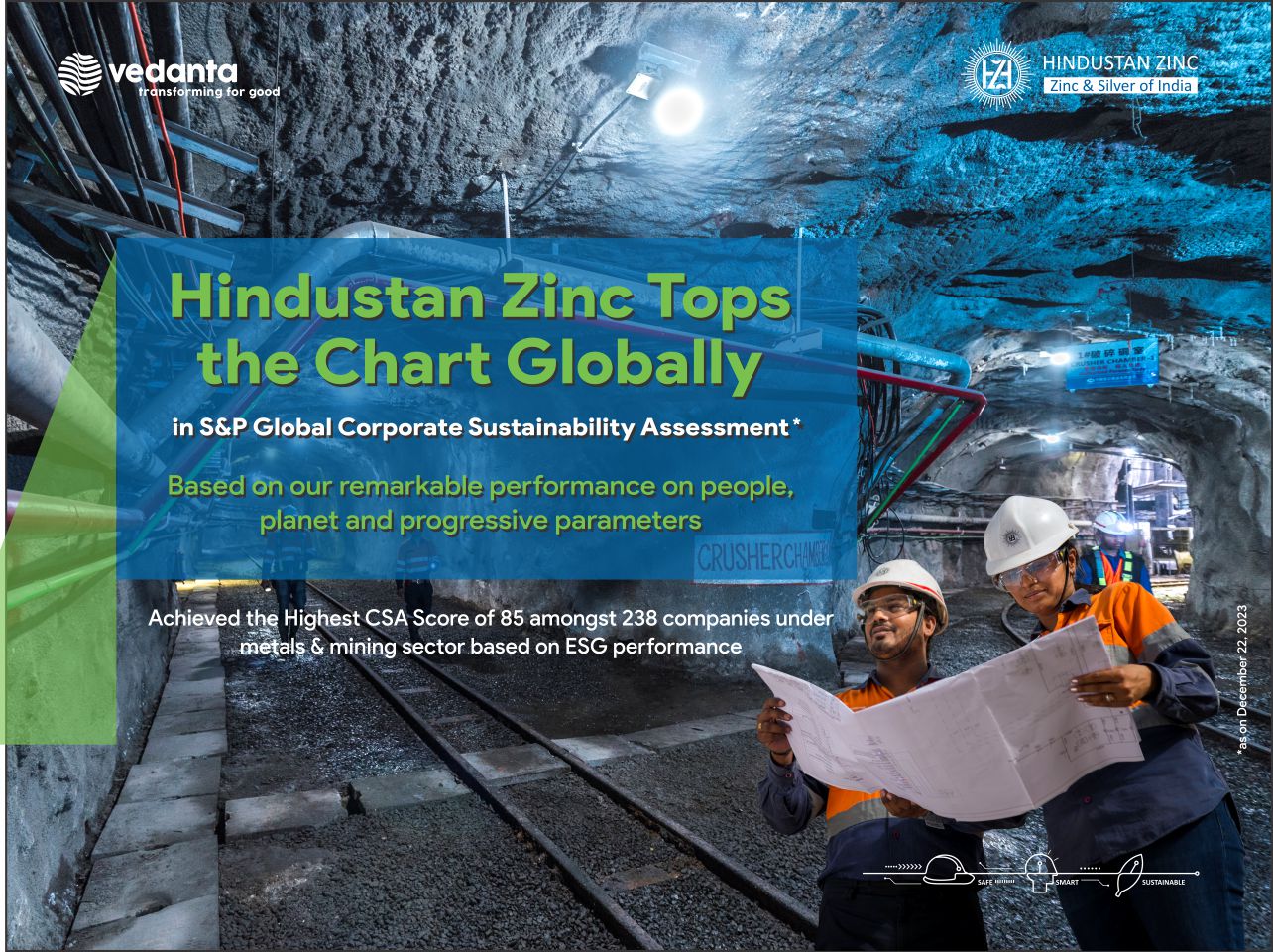Investors from across the globe have always been keen on Initial Public Offerings (IPOs). The amount of potential returns that could be made from investing before a company moves from private to public domain has a lot of appeal. However, not all IPOs are successful.
This is why knowing how to leverage IPO insights can help you to develop long-term profitable strategies. Explore how to use IPO insights more efficiently while going through some of the essential investing factors.
Understanding IPO and Its Importance
An IPO meaning refers to an Initial Public Offerings, which is a process through which a non-listed company offers its shares to public investors. Going public is a turning point for any company since it means transforming from a private firm to a public limited company.
From the investors’ point of view, IPOs are an opportunity to buy a stake in a company during the early stages of its development. But just like any other investment, IPOs also bear certain risks, and they include fluctuation in the market and the possibility of the company’s stock sliding down.
Key IPO Insights for Long-Term Investment
Here is how you can use the key IPO insights to ensure long-term investment success in the stock market:
1. Research the Company’s Fundamentals
When approaching an IPO, there are several factors to look at, which include the balance sheet, operational model, and competition. This entails delving into the company’s accounts, knowing its sources of income and evaluating it with competitors in the market.
Focus on companies that have good and experienced leadership, new generation products or services and have the ability to make a profit. This would mean that sometimes it is possible to analyze the fundamentals of the company and evaluate its capability for long-term growth.
2. Evaluate Market Conditions
Market conditions are a major determinant of the success of an IPO. Macroeconomic variables such as inflation, economic growth rate and interest rates should also be considered in determining whether the current environment is suitable for the IPO. Investor sentiment is another important factor here. A positive one can create a demand for IPO shares, while a negative one can affect the demand.
3. Analyze the IPO Pricing
The pricing strategy of an IPO should not be underestimated. Companies usually consider their valuation and share demand when determining their IPO price. An overpriced Initial Public Offer can result in low performance in the market, while an underpriced IPO has the potential to perform well. This helps you evaluate its pricing based on its financial ratios and compare it to the other industry players.
4. Review the Use of Money
It may be helpful to learn how the company intends to use the proceeds from the IPO in its operations. Businesses with targets of using the proceeds for growth undertakings like new products or improving on research endeavors are typically more attractive than companies that plan to use the proceeds to retire existing liabilities.
5. Look for Lock-Up Periods
The lock-up period is a period after the IPO offer where there are restrictions on the insiders and major shareholders regarding the sale of their shares. Pay attention to when the lock-up period is set to expire because it may prompt a sell-off of the underlying stock.
6. Monitor Institutional Interest
Institutional investors will undertake aggressive research work before they can invest in an IPO. A high level of participation from such investors may be a signal that these investors have faith in the firm for the future. Institutional interest can be used to gain some indication of the success of an IPO.
7. Stay Updated on Regulatory and Industry Trends
It helps to stay up to date on new laws and market shifts. New rules and regulations can affect the overall functioning of a company and its revenue, while trends in the industry can affect the growth of the company. Knowing these factors can improve your knowledge regarding the possibilities of an IPO.
Conclusion
Just as it is with listed companies, IPOs are affected by numerous factors. As an investor, all these factors decide the loss or gain of your IPO investment. Leveraging IPO insights helps you better strategize your plan and make high returns in the long term.
Besides IPO insights, you must also know how to open a free demat account, as it is mandatory to invest in IPOs. When opening a Demat account, you must carefully choose a stockbroker that provides the latest updates on the best ethanol stocks in India and other industries like IT, Cement, and more.
























